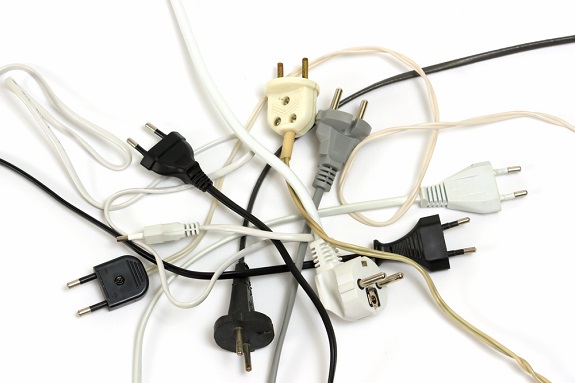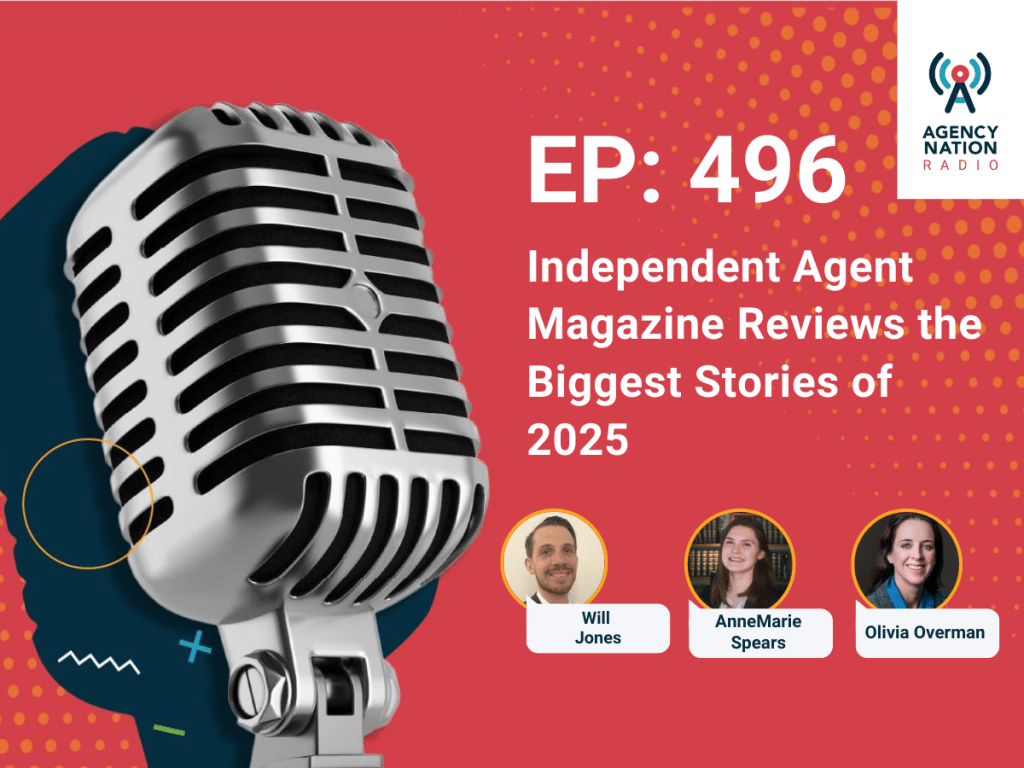Outer Banks Outage: Would Your Clients Have Protection for Loss of Income?

By: Chris Boggs
On Thursday, July 27, PCL Construction drove a steel casing through a major underground electrical transmission cable that supplies power to parts of North Carolina’s Outer Banks.
Although the Cape Hatteras Electrical Cooperative installed three cables across Oregon Inlet, applying a risk management technique known as duplication, the damage from the steel casing compromised the two redundant cables.
Vacationers have been forced off the islands, and residents are now without power—which may not be restored for up to four weeks, according to state and cooperative officials.
North Carolina Governor Roy Cooper publicly addressed the incredible loss of income this incident will deliver to the area. Several news sources already quoted small business owners who state that losing four weeks of income during prime tourist season could potentially put them out of business.
This is real. This isn’t theory or one of those hypothetical scenarios we use when we explain coverage options to our clients. Businesses exist for one key reason: to make money. When the money ceases, so, too, does the business. As an independent agent, your job is to protect the lifeblood of the business: its income.
Would your clients be able to survive such a devastating loss of income? To address what you can do to keep your insureds in business, consider the following answers to common questions about business income coverage:
Would the business income policy cover this loss?
No! The unendorsed business income policy would not respond to this loss—it provides coverage only when certain conditions are met:
We will pay for the actual loss of Business Income you sustain due to the necessary “suspension” of your “operations” during the “period of restoration”. The “suspension” must be caused by direct physical loss of or damage to property at premises which are described in the Declarations and for which a Business Income Limit Of Insurance is shown in the Declarations. The loss or damage must be caused by or result from a Covered Cause of Loss. With respect to loss of or damage to personal property in the open or personal property in a vehicle, the described premises include the area within 100 feet of such premises.
In other words, before the business income policy responds,
- A suspension of operations must occur.
- The suspension must result from direct physical loss or damage to property at or within 100 feet of the listed premises.
- The loss or damage must result from a covered cause of loss.
All listed conditions must be met for coverage to apply. Notice that the Outer Banks scenario did not fulfill the second condition—the incident did not involve damage to businesses premises, because the cut occurred in the middle of the inlet.
In addition, the cause of loss form includes a specific exclusion for any loss resulting from the failure of any utility service—no matter what causes it. Combined, the condition and the specific exclusion preclude any coverage for this loss under the unendorsed business income form. And note that the same condition and exclusion appear in the business owner’s policy.
Is there any way to purchase coverage for this type of loss?
Yes! Attaching the CP 15 45: Utility Services – Time Element endorsement could extend coverage to the businesses affected by this incident. The CP 15 45 removes the utility services exclusion as it applies to time element losses, and alters the application of the insuring agreement condition to extend business income and extra expense protection to the injured business if the supply from the chosen utility is interrupted. If the primary insurance is a BOP, the BP 04 57 accomplishes this same purpose.
Loss of income resulting from four types of utility services can also be covered by either endorsement: water suppliers, wastewater removal operations, communications suppliers and power suppliers. With the latter two types, the insured has the option to cover only the underground supply, or extend protection to overhead transmission lines as well—for a higher premium.
As an agent, you must help your client select the appropriate coverage limit and utility services. Any loss paid under this endorsement does not deduct from the policy’s business income or extra expense limit, and the coinsurance condition does not apply to the coverage provided by this endorsement. It seems fair to say that when choosing limits for this coverage, you should expect a loss to occur at the worst possible time, as it did in the Outer Banks.
Premiums for this additional coverage are a function of the limits and utilities. The more utilities selected, the higher the premium. If the insured chooses to cover interruptions arising out of damage to overhead communications or power lines, the premium will increase accordingly.
The coming weeks will mark the demise or survival of these businesses, depending simply on whether they had proper insurance protection in place. The takeaway? Agent expertise is paramount when analyzing every insured’s exposures and making coverage recommendations.
Bonus question: Do you think PCL has enough coverage for the coming lawsuits?
Probably not. I’m just guessing, but that’s a different story for a different day.
Chris Boggs is executive director of the Big “I” Virtual University (VU).










